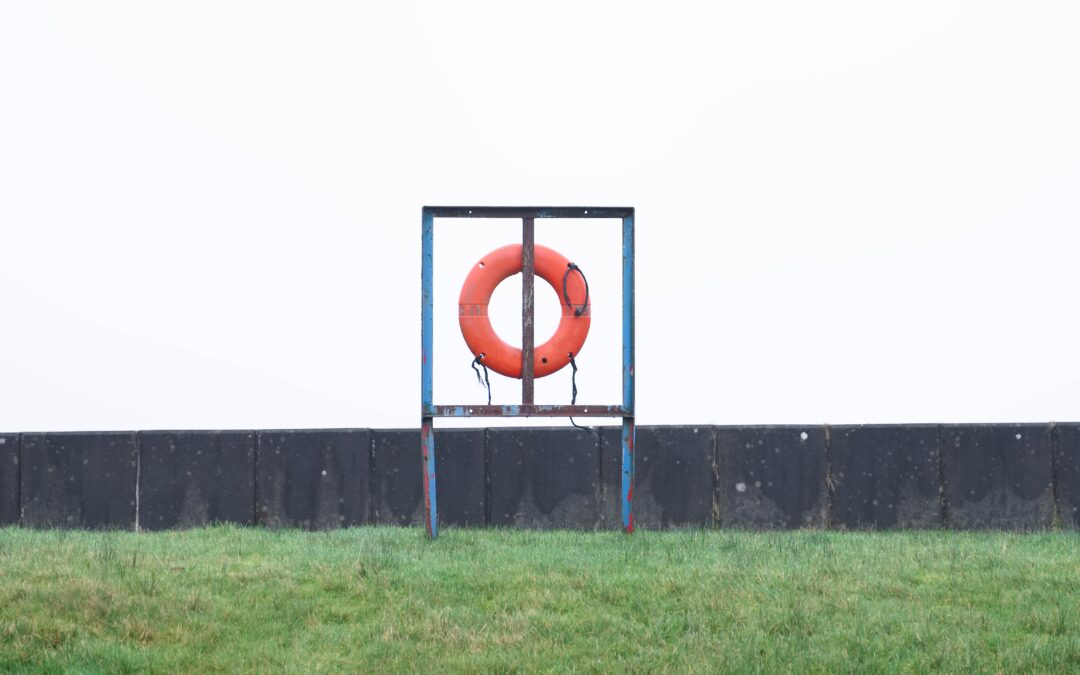The answers you’re given depend on the questions you ask.
Though it may seem obvious, understanding this simple truth will dramatically improve the effectiveness of your philanthropy.
The Center for Effective Philanthropy (CEP) recently released a new resource, Donors: 5 Things Nonprofits Want You to Know. Among other tips for donors, it recommends “understanding the needs of the constituents that nonprofits are serving.” It takes commitment and openness to understand constituents’ needs. Unfortunately, many donors lack this requisite openness and instead ask questions with a particular solution in mind.
To illustrate how asking the right questions and looking at the data can help donors act in ways that allow nonprofits to do their work most effectively, here’s an example. Let’s say a donor wants to help domestic violence survivors and prevent future violence, but they already have a solution in mind: better safety plans. They may ask a domestic violence survivor, or the leader of a nonprofit helping survivors, a biased question such as, “How can we communicate better safety plans?”
While the intention is to be helpful, asking this question unnecessarily narrows the scope of solutions for survivors of domestic violence. It excludes other options for support, whether it be shelter, counseling centers, hotlines, or legal services.
Instead, what if this donor were to come to the table asking survivors and those helping them: “What do you need?” Approaching the issue with a broad openness to learning, without assumptions, could guide that donor to research that leads to different conclusions than what they had initially assumed. This research, including studies that capture the perspectives of survivors, might highlight previously overlooked support options for constituents.
One study finds that civil legal services are the only intervention that actually reduces the rate of domestic violence in a community. But less than 12 percent of programs supporting domestic violence survivors provide legal representation. Most of the websites that discuss how to help survivors say nothing about donating to and supporting legal aid; instead, their materials emphasize nonjudgmental listening, making safety plans, and donating to hotlines, assuming these are the solutions.
As Lonnie Powers, executive director of the Massachusetts Legal Assistance Corporation, explains, these services “are vital during a crisis,” but legal aid — in the form of “protective orders, assistance with child custody and support, divorce and property distribution and domestic violence-related legal disputes around immigration, housing and public benefits” — is a better long-term solution. He cites a 2003 study in Contemporary Economic Policy, which concludes that legal services “appear to actually present women with real, long-term alternatives to their relationships.”
Powers’s conclusion aligns with what survivors say they need, too. An annual survey of domestic violence survivors asks them to rank the programs or services they desire most. In 2014, the top two requests from survivors were housing and legal representation — both issues that free or subsidized lawyers can help to solve.
By examining the issue of domestic violence from the perspective of the survivor, donors will see — as the evidence suggests — that legal aid is one of the best ways to help survivors. Yet few people know that, and as an intervention, legal services remain massively underfunded relative to other forms of aid.
That’s why asking the right questions is so important. The donor who asks, “How can we communicate better safety plans?” is not opening themselves up to learning from those that the work directly affects. But the donor who inquires, “How can we help?” positions themselves to listen to the needs of constituents and respond in ways that can most make a difference.
In order to solve social problems, we need to understand our constituents at a deeper level. We need to ask questions without presupposing the solutions, because the answers you’re told depend on the questions you ask.
This is the only way toward effective philanthropy.
Adrian Tirtanadi is executive director of Open Door Legal, an organization pioneering the country’s first system of universal access to civil representation and working to show that when everyone has access to the law, poverty is dramatically reduced.


